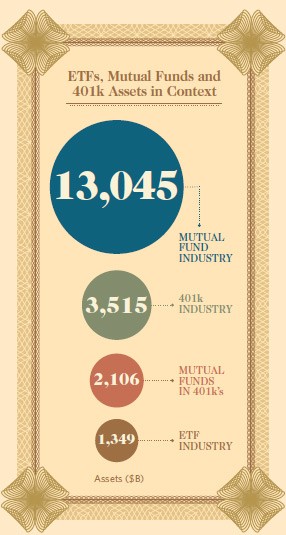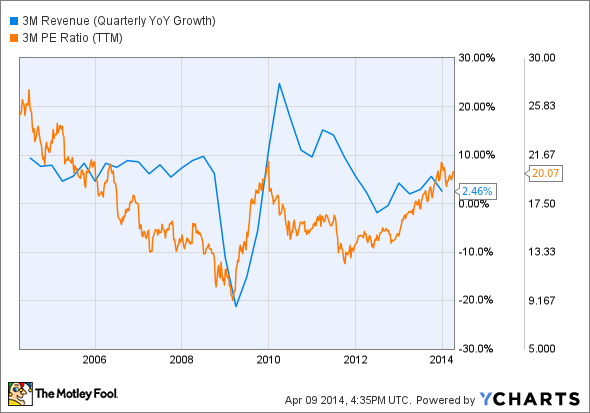Are ETFs a Good 401(k) Investment_1
Post on: 3 Май, 2015 No Comment

Are ETFs a Good 401(k) Investment?
By: Jeff Brown
Exchange-traded funds are becoming a more common option in 401(k)s and similar workplace retirement plans, according to The Wall Street Journal. That may appeal to many investors, but it does highlight a key issue: how to choose between taxable and tax-favored accounts.
Many investors are wise to purchase ETFs in taxable accounts, rather than 401(k)s, since ETFs don’t tend to produce large annual tax bills. That way, a tax-sheltered 401(k) can be reserved for investments that would trigger big annual taxes if purchased in taxable accounts. such as mutual funds that pay lots of interest or make big annual capital gains distributions.
ETFs are like mutual funds traded as stocks. They appeal to many active traders because they can be bought and sold as prices change throughout the trading day, while mutual funds are traded only at the end-of-day price. But this feature is wasted on investors who hold ETFs in 401(k)s and similar plans, because most plans do not permit day trading.
That leaves two other ETF benefits: low costs and tax efficiency.
Most ETFs are index-style investments with exceptionally low fees, or expense ratios, often even lower than those of index mutual funds with identical holdings. Low fees improve investment performance, making ETFs appealing for any type of account, including 401(k)s. As far as fees are concerned, it makes no difference whether an ETF is in a 401(k) or taxable account, as the investor gets the same benefit either way.
It’s in the area of tax efficiency that the issue becomes trickier. Because they are structured differently from mutual funds, ETFs generally produce smaller capital gains distributions. which are annual payments to shareholders of net profits on securities sold by fund managers during the year.
In a taxable account, distributions are taxed in the year they are received, even if they are reinvested. In a 401(k), distributions are not taxed until money is withdrawn. But since ETF distributions are small, this isn’t a serious concern. So there’s not much benefit in using a 401(k) for an ETF.
But many investors have a variety of holdings, including some that can incur big annual taxes if held in taxable accounts. That includes bond funds that pay lots of interest, and actively managed stock funds that tend to have big annual distributions. By putting these types of holdings in to a 401(k), the investor can postpone tax on interest and distributions until money is withdrawn. So the 401(k) is best reserved for them.

Finally, ETFs tend to furnish profits through long-term capital gains, which are taxed at a maximum 15% rate in a taxable account. The same gains could be taxed at rates as high as 35% in a 401(k), since all 401(k) withdrawals are taxed as ordinary income.
Since there’s an annual limit on 401(k) contributions, it doesn’t make sense to “waste” the 401(k)’s tax protection on investments like ETFs that don’t really don’t need it.
Is there an exception to this rule of thumb? Yes. That’s the case of an investor who expects to frequently move money from one ETF to another, or to some other type of investment. By holding the ETFs in a 401(k), the investor could postpone capital gains tax that would be triggered by profitable sales if the ETF were in a taxable account.
But most investors use 401(k)s for buy-and-hold investments rather than frequent trades. So, for most, there’s no real advantage to keeping ETFs in a 401(k).
For more ways to save, spend, invest and borrow. visit MainStreet.com.














